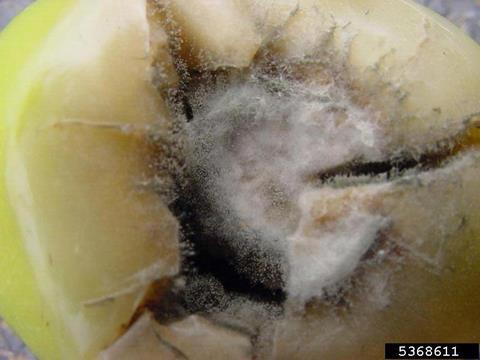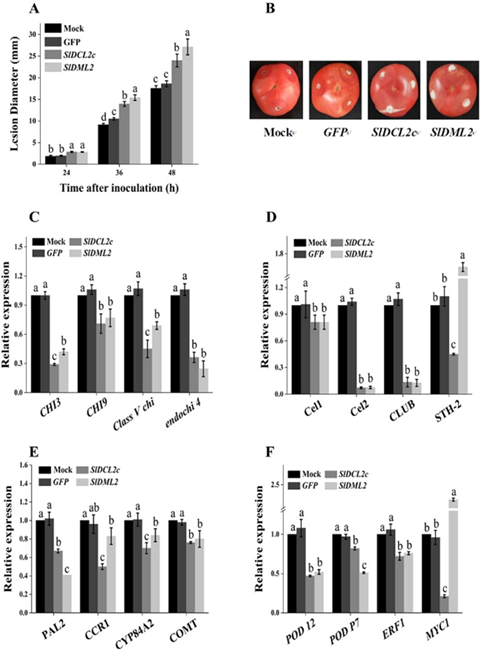A recent study discovered that applying 5-Azacytidine, a DNA methylation inhibitor, significantly reduces tomato susceptibility to gray mold, a common postharvest fungal disease. This epigenetic strategy enhances the fruit’s natural defense system, offering a sustainable and innovative method to boost crop resistance without genetic modification.

Postharvest decay in fruits, primarily caused by pathogenic fungi, remains a major obstacle to agricultural sustainability and food security. Despite advances in fungicides and storage technologies, losses remain substantial, especially in developing countries. The effectiveness of fungicides is increasingly limited by pathogen resistance and environmental concerns, highlighting the urgent need for sustainable approaches to enhance fruit defenses against decay.
READ MORE: Plants use ‘trojan horse’ bubbles to fight mold invasions
READ MORE: Sunflower extract fights fungi to keep blueberries fresh
Researchers from Tianjin University of Science and Technology published a study (DOI: 10.1093/hr/uhae164) in Horticulture Research on June 19, 2024, examining the effects of DNA demethylation on tomato fruit defense. The study, titled “Chemical induction of DNA demethylation by 5-Azacytidine enhances tomato fruit defense against gray mold,” explores how inhibiting DNA methylation can activate defense responses in tomatoes, presenting a novel method to mitigate postharvest fungal infections.
Defense against mold
The study found that 5-Azacytidine (5-Aza) significantly boosts tomato defense against gray mold by inducing DNA demethylation, which upregulates the dicer-like protein DCL2c, a key player in plant immune response. 5-Aza treatment markedly increased the activity of enzymes such as chitinase and glucanase, which are vital for fighting fungal pathogens.

Conversely, silencing DCL2c through RNA interference reduced these enzymes, underscoring its crucial role in defense. This research demonstrates that chemically induced DNA demethylation primes tomatoes to swiftly activate defense genes, offering a robust response against fungal attacks. This epigenetic method provides a promising, sustainable alternative for enhancing fruit disease resistance, potentially decreasing the need for chemical fungicides in postharvest management.
Sustainable alternative
“Our findings show that DNA demethylation can significantly strengthen the natural defense mechanisms of tomato fruits against postharvest decay,” said Professor Laifeng Lu, the study’s lead author. “This epigenetic approach not only improves disease resistance but also provides a sustainable alternative to chemical fungicides, meeting the demand for eco-friendly agricultural practices.”
The implications of this study extend beyond tomatoes, as the epigenetic enhancement of fruit defenses could be applied to other crops, potentially reducing postharvest losses on a global scale. This sustainable approach is particularly valuable in regions with limited access to advanced storage technologies, enhancing natural defense pathways to improve food security and minimize the environmental impact of traditional fungicides.







No comments yet